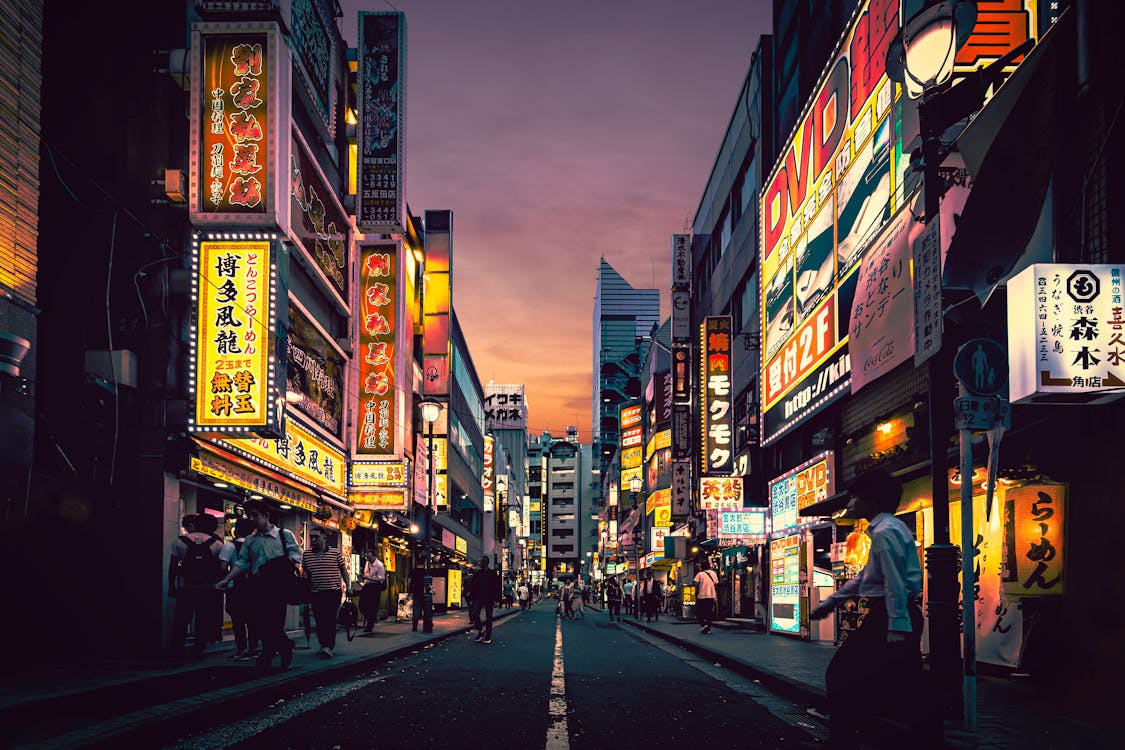The Japanese are famous for their hospitality, but what do you say when you receive a gift? If you want to make sure that your hosts feel appreciated, then you should learn how to say “thank you for the food” in Japanese.
What is Japanese and Japanese Culture ?
Japanese is a language spoken by more than 125 million people worldwide. But how much do you know about this fascinating language?
Here are 9 things you need to know about Japan’s national language.
1. Japanese people love their food
The Japanese eat an average of six meals a day. That’s why you’ll find some of the best restaurants in Tokyo.
2. It’s not a true language, it’s a dialect
It has its own grammar, vocabulary, and pronunciation rules. This is a ‘spoken language’, not a ‘written language’.
3. It’s been influenced by Chinese, Korean and English
Since the Japanese were under the influence of China and Korea, they adopted many of their words, such as “keitai” (mobile phone), “karaoke” (singing) and “shinkansen” (bullet train).

4. It’s the second most spoken language in the world
It’s the second most spoken language in the world. Only Chinese is spoken more.
5. The word “Japan” comes from the country name
The word “Japan” comes from the word “Nippon” which means “the sun originates from the east”.
6. It’s not even related to the Japanese people
Japanese is not related to the Japanese people, it’s only spoken by them.
7. They don’t pronounce it the same way you do
They pronounce it with two syllables, “ha”. For example, “daimyo” (feudal lord).
8. Japanese words are similar to English words
There are some words that are very similar to English words. For example, “kimono” and “kimono”.
9. They use lots of numbers
Japanese people love numbers. In fact, they love numbers so much that there are even a lot of numbers in their names.
Origin of Japanese Language ?
It all started when two people, named Kanji and Kana, got together in China. They fell in love and decided to settle down in Japan. It was there that they had their first child, who was named Kanji. As the child grew up, he developed a strong passion for the Japanese language and would often speak it around the house. He was so good at speaking it, that his parents asked him to write it down for them.
When he was finished, they realized that they had created a new alphabet. After much thought, they decided to call their new alphabet ‘Kanji’ which means ‘character’.
As the years went by, more and more people were attracted to this new language and the word spread around the world. Today, Japan is one of the most powerful countries in the world, and it all started with a single baby boy who grew up to become a man.

Which Countries Speak Japanese ?
The origin of the Japanese language is a long story.
According to most scholars, the language was first spoken in China, sometime around the 5th century BC. The Chinese language has an interesting history, with some scholars claiming that the language is a combination of three languages, Chinese, Sanskrit and Tibetan.
Some scholars even claim that the language has a fourth language, Latin, in its roots. However, according to most scholars, the language began to be spoken in Japan around the 7th century AD.
Many of the early Japanese words were borrowed from Chinese, and later on, from the Korean language. It took another century for the language to begin to develop its own unique character. At some point, it began to develop into what we know today as Japanese.
How to Say Thank You for the Food in Japanese ?
To thank someone for the food they have provided, it is customary to use ごちそうさま (“gōshō sama”) in Japanese.
It is similar to the English phrase “Thank you”.
However, this phrase is used only when you want to express gratitude. It does not mean “thank you for being nice”, as the English phrase can be interpreted as. When you are in a situation where you have been helped by someone, you can use ごちそうさま as an expression of gratitude.



